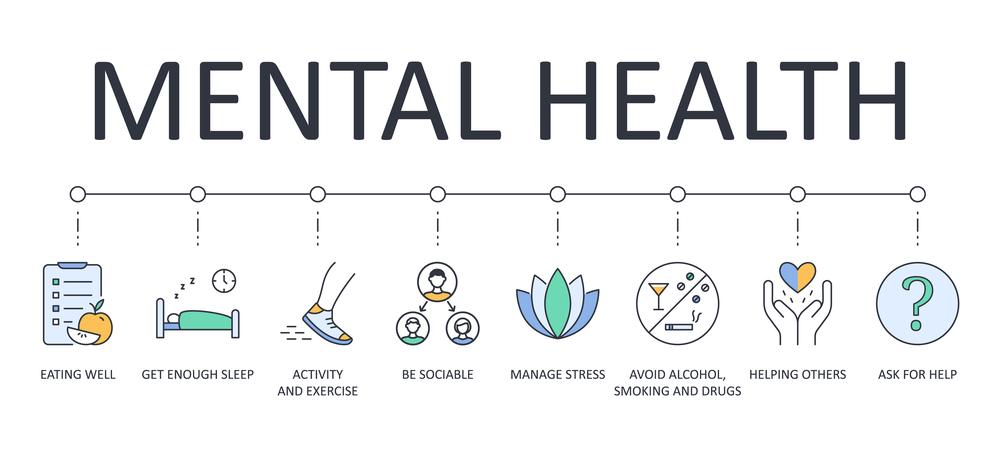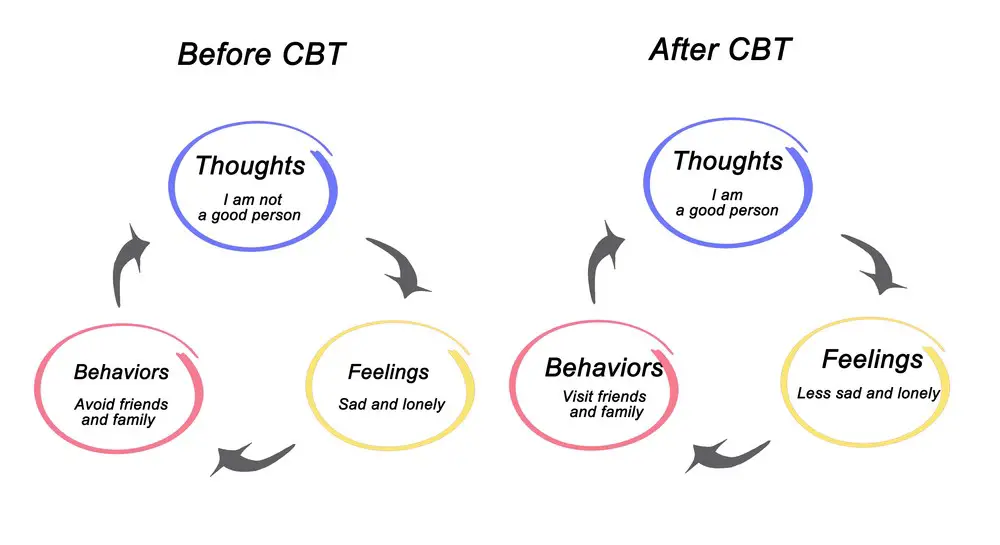As a BetterHelp affiliate, we receive compensation from BetterHelp if you purchase products or services through the links provided
Menopause, a natural part of aging in women, is often associated with a host of physiological and psychological changes. The hormonal fluctuations that occur during this phase can lead to symptoms such as hot flashes, sleep disturbances, mood changes, and stress. Managing this stress effectively is a critical part of navigating menopause healthily and healthily. This document aims to provide useful insights and strategies to help manage stress during menopause.

Consulting a Menopause Doctor: An Essential Step in Stress Management
Consulting a healthcare professional who specializes in menopause is an essential step to consider when trying to manage stress during this phase. These professionals, often known as menopause doctors or gynecologists, comprehensively understand the changes your body undergoes during menopause. They can provide accurate advice tailored to your symptoms and develop a personalized treatment plan to help manage them effectively. This can involve various approaches, including hormone therapy, lifestyle changes, and stress management techniques. By seeking professional guidance, you can navigate this transition in your life with greater confidence and understanding.
The Psychological Impact of Menopause
In addition to the physical changes, menopause can also have a profound effect on a woman’s psychological well-being. The hormonal fluctuations during this time can contribute to mood swings, irritability, anxiety, and even symptoms of depression. It is important for women to be aware of these potential psychological challenges and to seek appropriate support and resources to address them effectively. By acknowledging and understanding the psychological impact of menopause, women can take proactive steps to maintain their emotional well-being during this transitional period.
Stress and Menopause: The Connection
The changes that occur during menopause can often lead to increased stress levels. The hormonal imbalances, coupled with the physical discomfort and emotional challenges, can create a heightened sense of stress and tension. This stress, in turn, can exacerbate other symptoms of menopause, creating a cycle that is difficult to break. Recognizing and understanding the link between stress and menopause is crucial in developing effective coping strategies. By managing stress levels, women can alleviate some of the burdens associated with menopause and improve their overall well-being.
 Healthy Habits for Stress Management
Healthy Habits for Stress Management
Adopting healthy lifestyle habits can play a significant role in managing stress during menopause. Engaging in regular physical exercise not only helps to reduce stress levels but also promotes better sleep, boosts mood, and improves overall well-being. A balanced diet rich in nutrients can support hormonal balance and provide the body with the necessary energy and nutrients to cope with the changes it is experiencing. Prioritizing sufficient sleep and practicing relaxation techniques can also reduce stress and enhance the quality of life during menopause.
 Seeking Professional Help
Seeking Professional Help
While lifestyle modifications and self-help strategies can be effective for managing stress during menopause, there may be instances when professional help is needed. If stress and its accompanying symptoms continue to be overwhelming despite your best efforts, it is crucial to reach out and seek guidance from mental health professionals. Finding support groups or resources such as an Online Menopause Centre can be invaluable for shared experiences, guidance, and general understanding. Psychologists and psychiatrists specialize in mental health and can provide personalized guidance, support, and treatment options tailored to your specific needs. Remember, seeking professional help is a sign of strength and a proactive step towards better mental well-being during the menopausal journey.
 Therapeutic Approaches to Managing Stress
Therapeutic Approaches to Managing Stress
Various therapeutic approaches have shown promise in helping women manage the stress associated with menopause. Cognitive Behavioral Therapy (CBT) is a widely recognized and evidence-based approach that helps individuals identify and modify unhelpful thought patterns and behaviors. Mindfulness-based stress reduction techniques, such as meditation and deep breathing exercises, can help women cultivate a sense of calmness and improve their ability to cope with stress. Yoga and tai chi combine physical movement with mindfulness, promoting relaxation and reducing stress levels. These therapeutic approaches provide practical tools and strategies that women can incorporate into their daily lives to manage stress better and enhance their emotional well-being during menopause.
Successfully navigating through menopause requires a multipronged approach that includes understanding the physiological changes, acknowledging the psychological impact, and effectively managing the accompanying stress. Incorporating healthy lifestyle habits, seeking professional guidance, and utilizing therapeutic approaches are all proven strategies that can significantly help. Remember, menopause is a natural part of life’s journey, and with the right tools and support, you can transition through this phase with strength, resilience, and grace. The key is to stay informed, proactive, and positive and remember that help is always available. Managing stress during menopause is not just about surviving but thriving.
- 7 Ideas to Help You Relax and Unwind on a Family Vacation - April 27, 2025
- How Having Cybersecurity Protection Helps You Relax - April 25, 2025
- 8 Reasons Why Spending Time Outside Calms You Down - April 25, 2025
This site contains affiliate links to products. We will receive a commission for purchases made through these links.


 Healthy Habits for Stress Management
Healthy Habits for Stress Management Seeking Professional Help
Seeking Professional Help Therapeutic Approaches to Managing Stress
Therapeutic Approaches to Managing Stress
